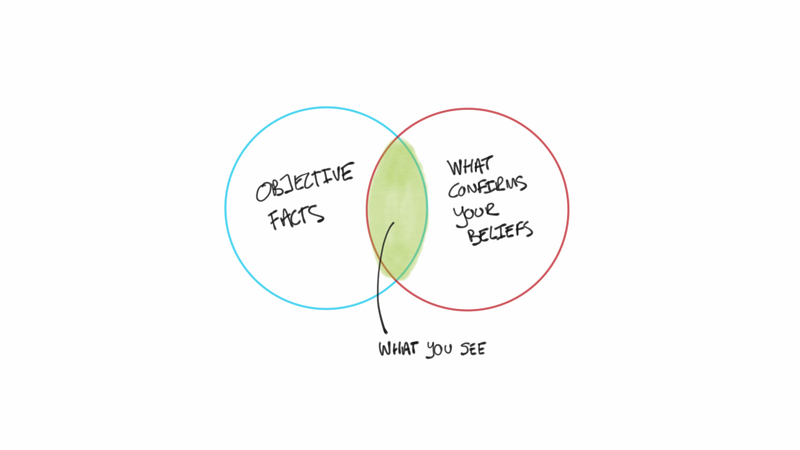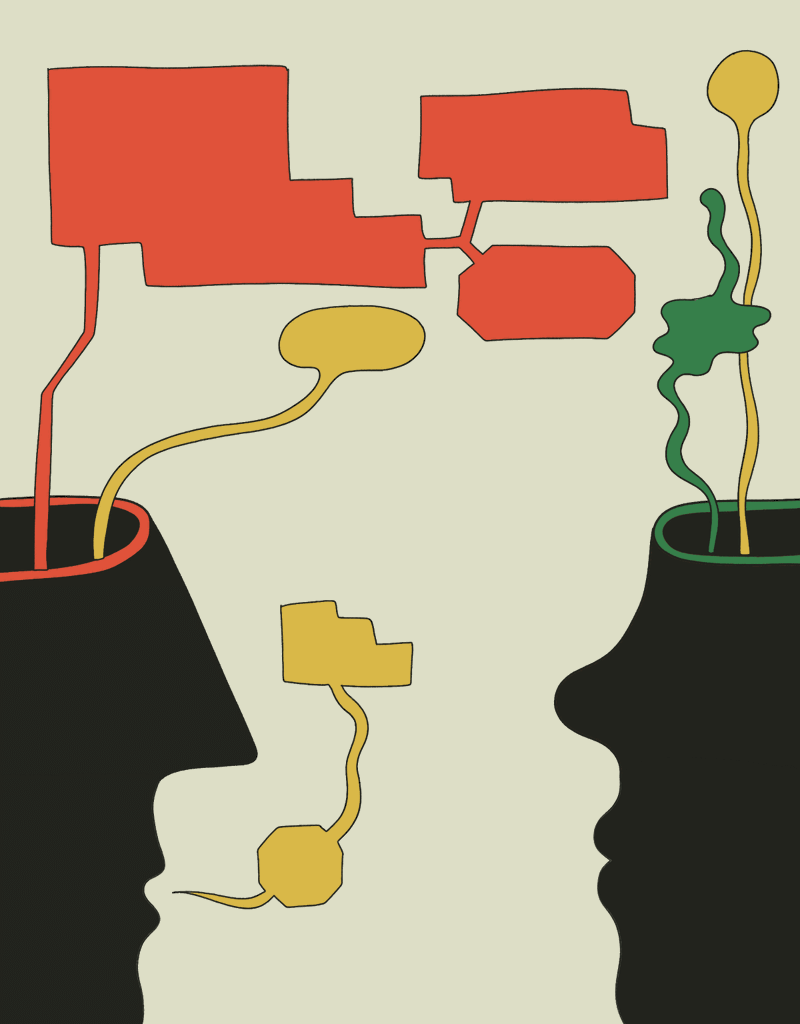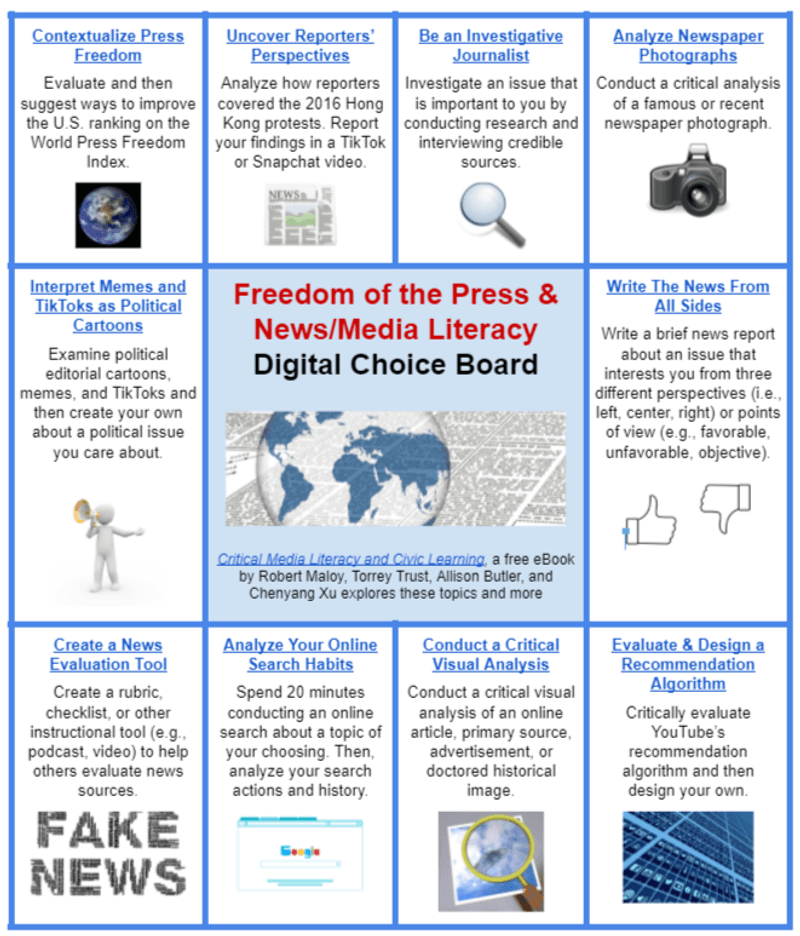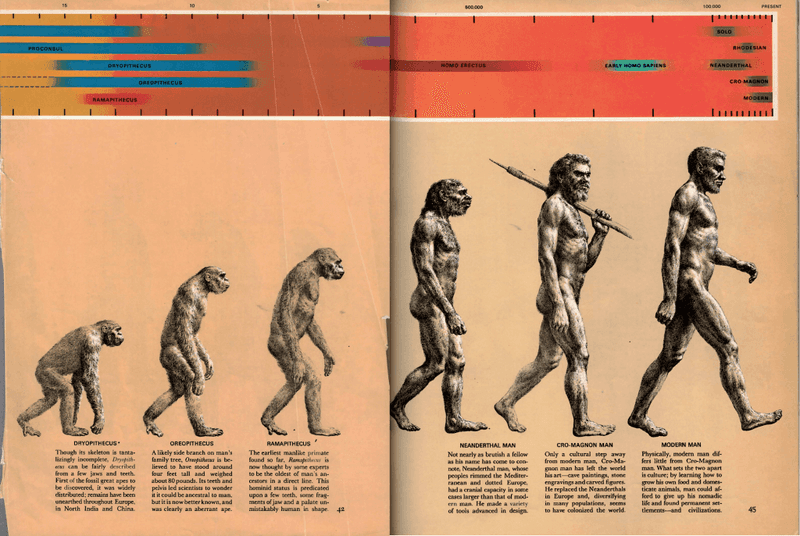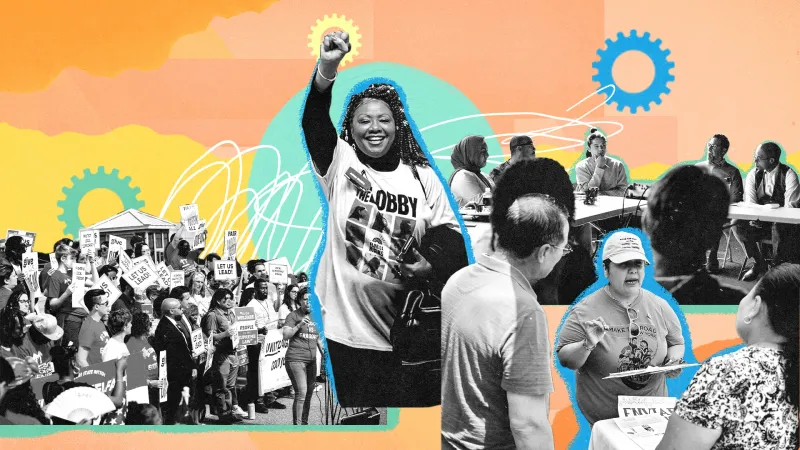The words we choose reveal more about our educational background than we might realize. While formal schooling isn’t the only measure of intelligence, certain statements can immediately signal gaps in knowledge, critical thinking, or exposure to different perspectives. These common phrases often expose not just what someone doesn’t know, but their attitude toward learning itself.
1. “I don’t read books; they’re boring”
Reading avoidance is perhaps the most glaring red flag of educational gaps. People who proudly announce their distaste for books are essentially advertising their limited exposure to new ideas and perspectives. Books build vocabulary, develop empathy, and strengthen critical thinking—all essential skills in every aspect of life. When someone dismisses all books as “boring,” they’re really saying they haven’t found the right ones or developed the mental patience to engage with complex ideas.
2. “Facts don’t care about your feelings” (while ignoring actual facts)
This phrase has become the battle cry of those who ironically prioritize their emotions over evidence. The statement itself isn’t wrong—truth exists independently of how we feel about it—but the context matters tremendously. Most people who use this phrase are actually defending their own unexamined beliefs. They’ve created a protective shield against information that might challenge their worldview. True education fosters comfort with evidence that contradicts our preferences or preconceptions.
3. “I don’t need math; I have a calculator”
Mathematical thinking extends far beyond basic arithmetic. When someone dismisses math as unnecessary because technology can handle calculations, they reveal a fundamental misunderstanding of what mathematics teaches us. Math builds logical reasoning, pattern recognition, and problem-solving frameworks that apply to countless situations. Those who avoid it miss developing these mental muscles. The calculator can tell you 15% of $83, but it can’t decide whether that investment is worthwhile or recognize a statistical fallacy in a news headline.
4. “They’re just trying to brainwash us!” (about schools/news/science)
Blanket dismissal of established institutions signals poor media literacy and critical thinking. While healthy skepticism is valuable, assuming widespread conspiracies without evidence reveals intellectual laziness. Educated people evaluate sources based on methodology, evidence, and potential biases—not knee-jerk reactions. They understand the difference between systemic problems within institutions and fantastical coordinated plots. The irony? Those most concerned about “brainwashing” often uncritically accept alternative sources that confirm their existing beliefs.
5. “I don’t vote; it doesn’t matter anyway”
Civic disengagement often stems from a fundamental misunderstanding of how democratic systems function. Those who proudly announce their non-participation typically haven’t grasped how collective action works or how policies directly impact their daily lives. Many non-voters mistakenly believe their single vote is meaningless, missing how close many elections actually are. Others fail to recognize the downstream effects of electoral outcomes on everything from healthcare access to environmental regulations. This statement reveals gaps in both civic education and systems thinking.
6. “Back in my day, things were better!” (with no evidence)
Nostalgia bias clouds judgment and reveals historical ignorance. The good old days weren’t universally good—they featured polio outbreaks, widespread discrimination, and dangerous consumer products. People making this claim selectively remember childhood comforts while forgetting societal problems. True historical understanding acknowledges both progress and persistent challenges. Medical advances, expanded rights, and technological innovations have objectively improved countless lives. The statement exposes not just historical blindness but also resistance to acknowledging measurable improvements that contradict emotional attachments to the past.
7. “Why should I learn history? It’s all in the past”
History provides crucial context for current events and human behavior patterns. Those dismissing it reveal a dangerous disconnection from the forces that shaped our world. Without historical knowledge, people cannot recognize recurring societal patterns or understand the origins of modern conflicts. They become vulnerable to manipulation through historical distortion. History isn’t just dates and names—it’s the study of human decision-making and its consequences. The inability to see its relevance suggests shallow thinking about how societies develop and change.
8. “Global warming is a hoax”
Climate change denial reveals profound scientific illiteracy. The statement immediately signals someone who hasn’t grasped basic principles of evidence evaluation or the scientific consensus process. Climate science involves thousands of researchers across disciplines who’ve reached agreement through rigorous peer review. Dismissing their findings without understanding the underlying mechanisms shows a failure to distinguish between political talking points and scientific evidence. This statement often comes from people who confuse weather with climate or who haven’t learned to evaluate source credibility.
9. “I don’t trust experts; they’re all elitists”
Anti-intellectualism has become increasingly common, with expertise itself under attack. This statement reveals confusion about how specialized knowledge develops and functions in society. Experts aren’t perfect, but they’ve devoted years to understanding complex topics that affect our lives. Dismissing their consensus in favor of YouTube videos or social media posts shows poor information literacy. The irony? Those rejecting expertise in medicine or science typically still trust experts when their car breaks down or they need surgery. This selective skepticism exposes inconsistent critical thinking.
10. “Grammar doesn’t matter as long as you understand me”
Communication quality affects how messages are received and interpreted. While perfect grammar isn’t always necessary, dismissing its importance entirely reveals a lack of understanding about effective communication. Clear expression requires structure and precision, especially in professional contexts. Poor grammar creates ambiguity and distracts from content. Beyond practical concerns, this statement often masks insecurity about writing skills. Rather than acknowledging room for improvement, the person preemptively dismisses the standard itself—a defense mechanism that limits growth and learning.
11. “College is just indoctrination”
Higher education encourages exposure to diverse viewpoints and critical analysis of all positions—the opposite of indoctrination. This statement reveals a fundamental misunderstanding of academic environments. Universities teach students to question assumptions and evaluate evidence, regardless of ideological origin. Those making this claim often haven’t experienced college firsthand or have confused being challenged with being indoctrinated. The statement particularly exposes fear of having beliefs questioned. True education requires examining uncomfortable ideas and considering the possibility we might be wrong.
12. “If it’s on the internet, it must be true!”
Digital literacy has become essential in our information ecosystem. This statement—whether said sarcastically or sincerely—reveals a person’s relationship with online information. The internet contains both invaluable resources and dangerous misinformation, often side by side. Educated individuals develop skills to evaluate source credibility, cross-reference claims, and identify manipulation tactics. Those who haven’t learned these skills become vulnerable to scams, conspiracy theories, and propaganda. The statement exposes either naivety about information quality or a cynical dismissal of all online content.
13. “I don’t need science; I have my beliefs”
Science and personal beliefs serve different functions in our lives. This statement reveals confusion about their respective purposes and limitations. Science provides testable explanations for natural phenomena, while beliefs address meaning, values, and purpose. Problems arise when people reject empirical evidence because it conflicts with preconceptions. The most educated individuals understand that science can inform beliefs, and beliefs can motivate scientific inquiry, without one replacing the other. This false dichotomy exposes black-and-white thinking and resistance to nuance.
14. “They’re just words—people are too sensitive!”
Language shapes perception and influences behavior—facts supported by extensive linguistic and psychological research. When someone dismisses words as meaningless, they reveal ignorance about how communication actually works. Words create mental frameworks that guide our understanding of others and ourselves. Historical slurs and dehumanizing language have preceded violence throughout human history. Those educated in communication understand that words carry both denotative meaning and emotional resonance. This statement often masks unwillingness to consider how language affects different groups based on their experiences.
15. “I don’t follow the news; it’s all lies anyway”
Media literacy involves distinguishing between reliable reporting and misinformation. Blanket dismissal of all news reveals inability to evaluate sources critically. While media bias exists, educated consumers learn to recognize it through source comparison and fact-checking. They understand the difference between opinion programming and investigative journalism. Those avoiding news entirely miss crucial information affecting their communities and rights. The statement often masks feeling overwhelmed by complexity or fear of encountering viewpoints that challenge existing beliefs.
16. “Why learn another language? Everyone speaks English”
Language learning offers cognitive benefits beyond communication. This ethnocentric statement reveals limited understanding of global realities and brain development. Most of the world doesn’t speak English, and assuming others should accommodate English speakers shows cultural narrowness. Bilingualism improves executive function, memory, and problem-solving abilities. It also provides direct access to different cultural perspectives and literature. Those dismissing language learning miss both practical advantages in an interconnected world and the cognitive flexibility that comes from navigating different linguistic structures.
17. “Hard work is all you need to succeed” (ignoring privilege/luck)
Success results from a complex interplay of factors beyond individual control. This oversimplified statement reveals limited understanding of socioeconomic systems and statistical thinking. While effort matters, starting conditions dramatically affect outcomes. Access to education, healthcare, connections, and capital creates uneven playing fields. Those making this claim often mistake their own advantages for personal merit alone. Educated individuals recognize both personal responsibility and systemic factors in success stories. The statement particularly exposes poor understanding of how probability and privilege shape opportunity structures.
18. “I don’t believe in evolution; humans came from monkeys?”
This statement contains a fundamental misunderstanding of evolutionary theory. Humans and monkeys share common ancestors—we didn’t evolve from modern monkeys. This distinction reveals someone who hasn’t engaged with even basic biological concepts. Evolution is supported by multiple scientific fields including genetics, paleontology, and comparative anatomy. Those rejecting it typically haven’t examined the evidence firsthand. The statement particularly exposes confusion about scientific theories, which aren’t mere guesses but explanatory frameworks supported by extensive evidence. This mischaracterization signals limited science education or willful misrepresentation.
19. “Politics is just a bunch of arguing—I stay out of it”
Political disengagement comes at a cost most non-participants don’t recognize. This statement reveals misunderstanding about how policy decisions directly impact daily life. Politics determines healthcare access, environmental protections, consumer rights, and countless other factors affecting wellbeing. Those “staying out of it” still live with the consequences of others’ decisions. Educated citizens understand that political participation extends beyond voting to include community involvement and informed advocacy. The statement particularly exposes privilege—only those least vulnerable to harmful policies can afford political disengagement.
20. “I don’t need to travel; my country is the best anyway”
Geographic isolation limits perspective in ways that even excellent education can’t fully overcome. This statement reveals both nationalism and a lack of curiosity about human diversity. Travel exposes us to different problem-solving approaches, value systems, and social arrangements. Those who’ve never left their home region often don’t realize how their worldview has been shaped by local conditions. The statement particularly reveals confusion between patriotism and exceptionalism. Educated travelers can appreciate their homeland while recognizing its imperfections and learning from other cultures’ strengths.













